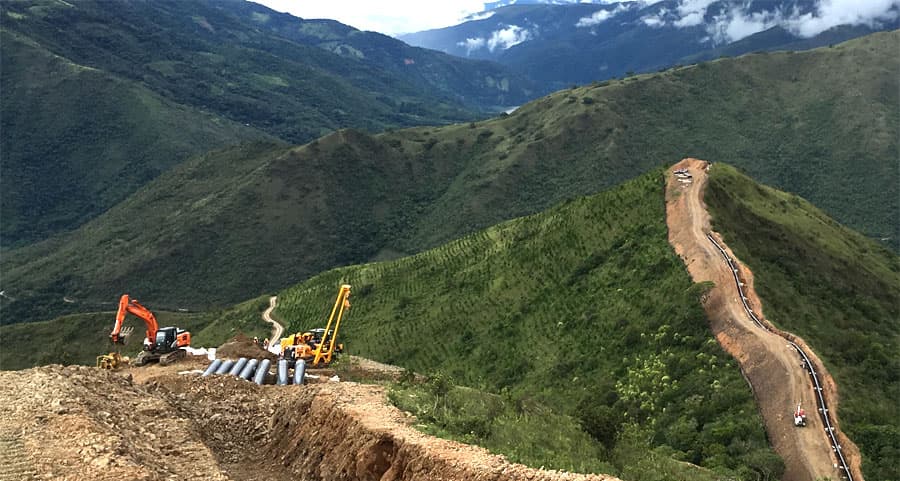Ottawa is set to become the owner of the Trans Mountain pipeline expansion after the Canadian government failed to secure a new buyer by the July 22 deadline.
Canada's federal government is now the official owner of the Trans Mountain pipeline expansion project after failing to secure a new buyer by the July 22 deadline.
Ottawa made plans to purchase the pipeline when Kinder Morgan suspended construction of the expansion project, citing investor uncertainty stemming from ongoing opposition from British Columbia’s provincial government.
The federal government announced in May its plan to buy the pipeline and its related infrastructure for $4.5 billion. The agreement indicates that Kinder Morgan will receive a $2.7 billion capital gain on the sale.
Now that the deadline has passed for the government to secure a new buyer for the pipeline, Kinder Morgan is expected to take Ottawa's $4.5 billion offer to its shareholders for approval. That decision is expected to be made sometime in August or September.
The federal government insists it does not intend to be a long-term pipeline owner and will work with investors to transfer the project to a new owner when the time is right.
Analysts say the government's ownership will likely be structured through a holding company with Ottawa as the main shareholder.
That would allow the federal government to sell that whole company to some other buyer, or do an initial public offering and sell shares of that company to Canadians and make it a publicly-traded company.
Minister of Natural Resources Amarjeet Sohi told Power & Politics host Vassy Kapelos this week that a number of companies have shown interest in the project and the government has had discussions with possible buyers, but a deal could not be reached because the political risk still remains.
"Once this project is underway and significantly de-risked, at that time, our government will look at a private sector proponent to take this project over," said Sohi.
However, the court challenge in BC and opposition in the province, centred around Vancouver's densely populated Lower Mainland where the Burnaby terminal is sited, are still generating uncertainty around the project.
In April, the BC government filed a reference case in the provincial Court of Appeal to test the province's authority to restrict and regulate the flow of oil through the pipeline. The federal government announced in May its intent to intervene in the case and defend what it describes as its "clear jurisdiction over interprovincial pipelines".
If BC is not satisfied with the outcome, the reference case could very well end up before the Supreme Court of Canada.
It remains unclear whether favourable resolutions in the courts will 'de-risk' the project enough to enable the eventual transfer of ownership from the government to the private sector.

